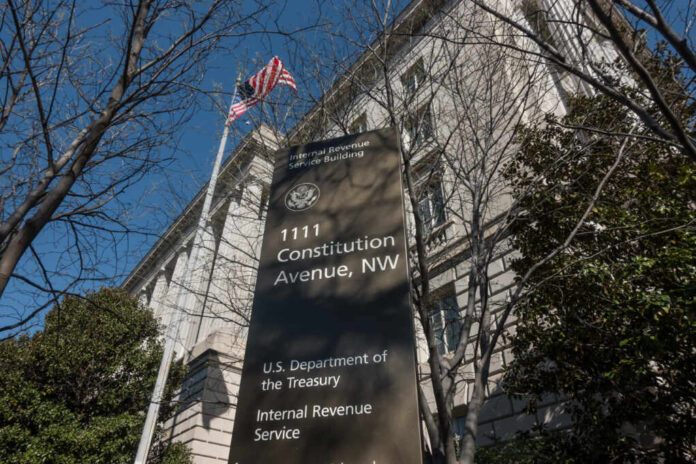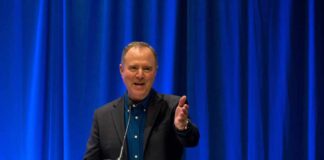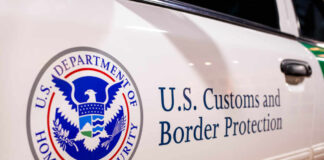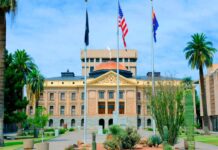
In a move that strikes at the heart of perceived bias within the Internal Revenue Service (IRS), House Oversight Committee Chairman James Comer (R-KY) has initiated a new investigation into the tax agency’s treatment of liberal nonprofit groups. The inquiry is based on allegations that the IRS is turning a blind eye to the political and lobbying activities of certain tax-exempt organizations. The IRS has previously been accused of unfairly targeting conservative groups regarding their tax-exempt status applications.
One Fair Wage, Inc. is a nonprofit organization that putatively advocates for higher minimum wages for tipped workers. The group is now at the center of Comer’s investigation. Section 501(c)(3) of the Internal Revenue Code requires that tax-exempt entities operate exclusively for religious, charitable, scientific, or educational purposes. However, the work of One Fair Wage at best blurs the lines between charitable work and substantial lobbying efforts.
The House Oversight and Accountability Committee on Wednesday launched an investigation into the IRS for allegedly allowing some nonprofit liberal groups to engage in lobbying and politics.https://t.co/BoFcjnUzlx https://t.co/7678xUTsyF
— NEWSMAX (@NEWSMAX) February 15, 2024
The scrutiny of One Fair Wage is particularly telling. The group has been forthright in its lobbying pursuits, even describing such activities as its “organizational purpose.” This candid admission, juxtaposed against the legal restrictions placed on 501(c)(3) organizations, goes to the heart of Comer’s probe into whether politically connected entities are receiving preferential treatment from the IRS.
Comer’s demand for documentation from the IRS by February 28 signifies a pressing need for transparency and accountability. The request includes details on how the agency trains its employees to handle 501(c)(3) organizations and any communications related to One Fair Wage. This documentation is crucial for understanding the IRS’s enforcement policies and whether they are applied uniformly across the political spectrum.
The IRS’s past actions, including the delayed handling of applications from tea party organizations and the subsequent inspector general’s report criticizing the agency’s behavior, serve as a backdrop to the current investigation. These historical missteps have left the IRS “largely adrift” on nonprofit regulation, with audits of such organizations reportedly very rare.
Comer’s probe is not merely about one organization’s activities but touches on broader concerns of fairness, impartiality, and the role of tax-exempt groups in political advocacy. As the investigation unfolds, it will be essential to watch how the IRS responds and what changes are implemented to ensure that all organizations, regardless of their political leanings, are held to the same standards.


















